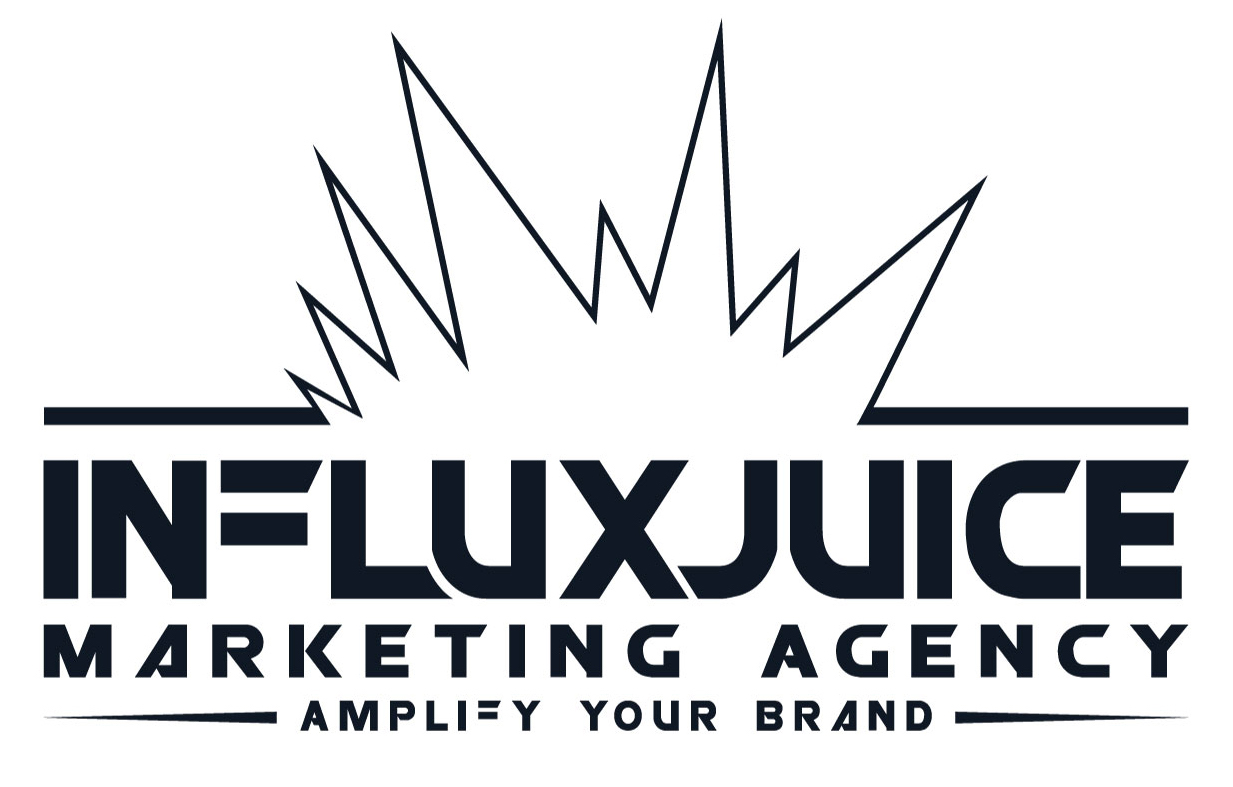Brands in Web3 can boost authority, visibility, and search rankings by following a stepwise checklist designed for AI references and generative engine optimization (GEO). Take these ten focused actions to make sure AI, search engines, and users reference your brand as an authority. Each step helps with trust, consistency, and discoverability, giving your business a real edge in digital markets.
👀 Quick answers — Jump to section
Why AI-Reference Readiness Matters
Generative engines like ChatGPT, Google’s AI, and other large language models comb the web for brands they view as trustworthy and informative. If your brand isn’t consistently discoverable, accurate, and cited in multiple sources, it will miss out on mentions in AI-generated responses. Both now and in the future of digital interaction.
Authority and reference-readiness can:
- Drive targeted traffic from conversational and AI-powered search
- Build industry leadership and vision
- Convert trust into leads and long-term audience engagement
10-Step Web3 GEO Checklist

1. Claim and Standardize Your Brand’s Online Identity
Achieving AI-reference readiness starts with absolute clarity about who your brand is and how it appears online. Inconsistent brand names, outdated logos, or scattered visual identities confuse both human visitors and AI crawlers, making it harder for generative engines to confidently attribute information to your business. Ensure every touchpoint reflects the same name, symbols, and up-to-date visuals. Creating a seamless experience whether someone finds you on a social network, a news outlet, or an aggregator. When there’s no ambiguity, AIs are far more likely to trust and cite your brand as a reliable source.
- Use the same brand name, logo, and design assets across all channels.
- Secure your key social media handles and relevant domain names.
- Regularly audit for and correct outdated or unofficial listings.
2. Create an Authoritative “About” Page
An effective “About” page is your trust anchor. It tells search engines, AIs, and visitors not only what you do but why you’re credible. Many skip this, but a comprehensive “About” page helps establish your brand’s expertise, values, and relevance within the Web3 space. Include founder bios, detailed mission statements, company timelines, and any major partnerships or award mentions. These are the authority signals both humans and algorithms look for. A strong About section turns your website from a basic resource into a recognized hub of insight.
- Open with your brand mission, vision, and core values.
- Include founder bios with images for authenticity.
- Outline achievements, press coverage, or industry awards.
3. Publish Original, Source-Worthy Content
Consistently producing content that others want to cite is the backbone of AI-reference and search engine authority. AI models and search algorithms reference pages with original insight, actionable data, or unique perspectives. Don’t just recycle industry news – offer frameworks, real case studies, or whitepapers with observations that can’t be found anywhere else. Over time, this increases the likelihood your brand is referenced in both traditional and generative results.
- Publish research-backed articles, how-tos, or whitepapers.
- Present proprietary data or survey results when possible.
- Link out to authoritative studies and give context with your take.
4. Secure High-Quality Mentions and Backlinks
Credibility is heavily reinforced by who else is talking about you. Search engines and AIs look to trusted third-party sources to gauge your brand’s importance and reliability. Aim to be featured, interviewed, or linked to by respected publications, partners, or communities. This increases your chances of being cited in AI outputs and indexed into reference datasets. Proactively building these relationships pays dividends for your brand’s long-term online authority.
- Reach out for interviews, features, or podcasts with industry leaders.
- Guest post or contribute to high-authority Web3 and tech sites.
- Monitor backlinks for quality and placement; update as needed.
5. Maintain Accurate Entity Data on Wikidata, Crunchbase, and Directories
Structured data repositories like Wikidata and Crunchbase provide authoritative snapshots that AIs rely on to answer brand questions. Incomplete or outdated information can cause confusion, dilute your authority, or even send leads to the wrong site. Proactively manage and regularly update your entity profiles. This ensures engines and bots always have the correct context, founders, launch dates, and web addresses for your company.
- Audit existing listings for accuracy on major data providers.
- Update bios, URLs, and company details after any changes.
- Register on lesser-known but trusted Web3 directories, too.
6. Implement Schema Markup and Structured Data
Schema markup is technical, but vital. It wraps your content with standardized tags that make it easier for machines (and AIs) to understand who’s involved, what’s being offered, and why the page matters. When you add structured data, you’re giving AI-powered engines a “cheat sheet” so they don’t have to guess what your page is about. This improves both organic SEO rankings and the accuracy of generative engine references, especially for FAQs, products, people, and organizations.
- Use schema types like FAQ, Article, Product, and Organization.
- Prefer JSON-LD as the format, a Google bot favorite.
- Double-check results with official tools like Google’s Rich Results Test.
7. Encourage Brand Citations and User Reviews

Trust builds when others talk about your product or service in their own words. Not only do citations and reviews show up in search, but AIs scan them as signals of credibility and real-world reputation. Solicit and showcase meaningful customer feedback. Respond to both positive and negative openly. This public conversation demonstrates authenticity and transparency, which engine algorithms reward.
- Encourage clients to post reviews on niche and mainstream platforms.
- Curate the best testimonials for your own website.
- Thank users who reference your brand in blog posts or social forums.
8. Build Wikis and Community Pages
Wikipedia and well-maintained wikis are reference goldmines for both users and AI models. Community-built resources are inherently trusted because they’re publicly verifiable and professionally moderated. If your project or brand is notable enough, create or strengthen Wikipedia entries and participate in Web3 glossaries or Q&A platforms. Follow notability and sourcing guidelines. Transparency and verifiability are everything.
- Suggest edits or start a Wikipedia page if eligible.
- Contribute to and update industry directories and glossaries.
- Become active on Stack Exchange or similar “ask the community” sites.
9. Monitor and Correct Name Variations
A small mistake in a directory or an old press release can snowball into brand confusion. Search algorithms and generative engines can misattribute information or miss key updates if your business name appears inconsistently. Ongoing name monitoring and correction stops misinformation from spreading and safeguards your reputation
- Set up alerts for company name misspellings and outdated info.
- Proactively contact content managers to update incorrect listings.
- Track changes quarterly or after launching new initiatives.
10. Distribute Content to Media, Aggregators, and AI‑Powered Platforms
AI engines reference brands that show up across a wide spectrum of trusted outlets. The more places your insight and news appear, the more likely they will be found, cited, and indexed for future queries. Leverage syndication, press distribution, and participation on forums known to shape AI datasets. This approach gets your brand out of its bubble and into a much wider conversation.
- Syndicate articles and announcements with tools like InfluxJuice.
- Submit regular press releases to news aggregators.
- Contribute expert answers to communities like Quora, Reddit, and Medium.
Pros and Cons Table: Becoming AI-Reference Ready
| Pros | Cons |
|---|---|
| Increases organic mentions in AI results | Time and resource commitment required |
| Builds authority and trust in Web3 | Some platforms require ongoing updates |
| Enhances discoverability and reputation | Not all citations are under your control |
| Drives high-converting traffic | Requires consistent brand management |
FAQ
How do I know if my brand has been referenced by an AI like ChatGPT?
There’s no single list of sources. However, monitoring branded queries in generative engines, searching for your brand in popular AI outputs, and checking for increased traffic from platforms like Quora and Reddit will show evidence of mention and reference.
What’s the most effective way to get cited in Wikipedia or Wikidata?
Contribute high-quality, verifiable information and follow notability standards. Get coverage in third-party news sources and have experts edit pages for compliance.
How often should I update my organization’s data in online databases?
Ideally, review and update your profiles quarterly or after any major business change (rebrand, leadership update, funding round, etc.) to prevent outdated or incorrect information spreading.
Do AI references improve my Google ranking or just generative search?
Both. Being trusted by AIs gives you mention authority and boosts organic SEO results because many search features now incorporate AI snippets.
What is the fastest way for a Web3 start-up to become reference-ready?
Focus on accurate, structured data, proactive community engagement, and distribution through trusted channels. Secure mentions from reputable third parties early.
Question for you: What strategies have helped your brand get noticed or cited by AI platforms?
Share your experience or questions in the comments below.
_________________________________________________________________
Get your business referenced on ChatGPT with our free 3-Step Marketing Playbook.
Want to know how we can guarantee a mighty boost to your traffic, rank, reputation and authority in you niche?
Tap here to chat to me and I’ll show you how we make it happen.
If you’ve enjoyed reading today’s blog, please share our blog link below.
Do you have a blog on business and marketing that you’d like to share on influxjuice.com/blog? Contact me at rob@influxjuice.com.

